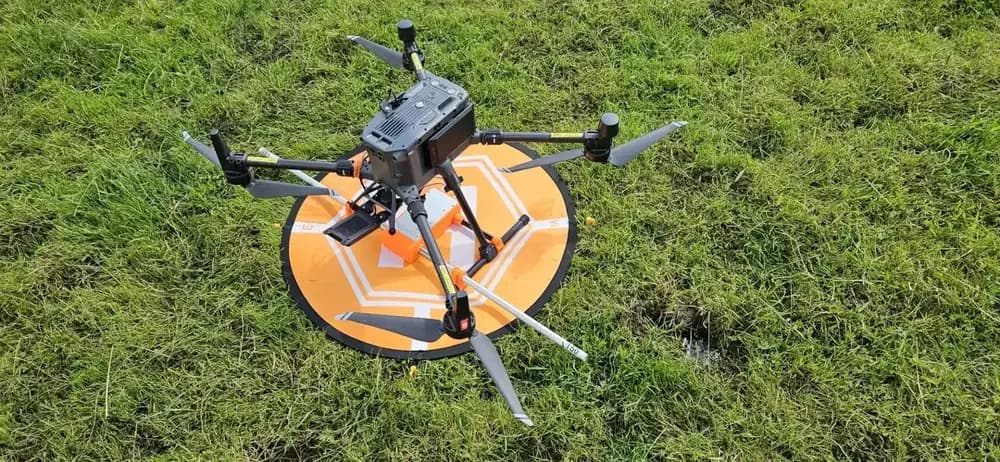
If you're operating a drone in the UK, you'll need to understand the new RPC Framework. It’s a tiered qualification system designed to align your skills with specific operational complexities, from VLOS to advanced BVLOS.
This framework is essential for SORA compliance, but how the progressive levels work might affect your ability to fly your drone legally.
What exactly does each certificate level require, and where will you fit within this new structure?
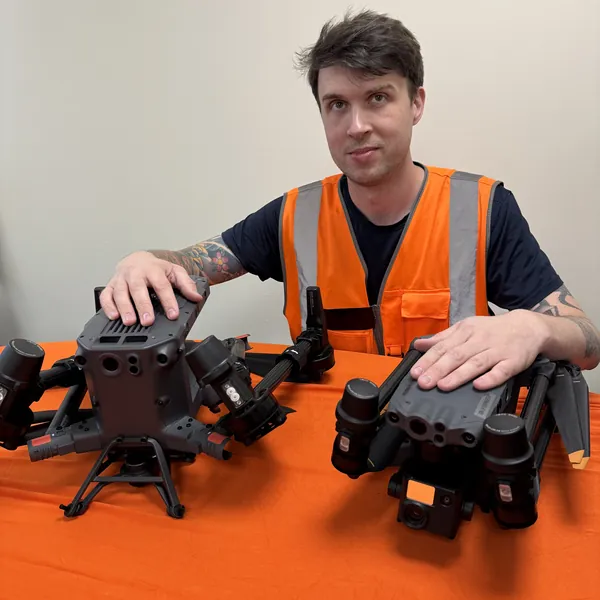
30 Second Summary
- The RPC is a UK qualification system for drone pilots, structured by operational risk.
- It becomes mandatory for UK SORA operations from April 23, 2025, ensuring safety.
- The framework has four levels, from RPC-L1 for VLOS to RPC-L4 for high-risk BVLOS.
- Each certificate level corresponds to an operation's specific Air Risk Class (ARC).
- Qualification involves theory exams, flight assessments, and minimum logged flight hours.
What is the RPC Framework
A progressive pathway, the Remote Pilot Competency (RPC) framework is your qualification system for conducting increasingly complex drone operations. It’s now mandatory if you’re operating under the UK SORA (Specific Operations Risk Assessment) framework, which officially replaced the Operating Safety Case (OSC) process on April 23, 2025. You’ll need this qualification to lawfully conduct your specific category missions.
The framework's advanced levels—RPC-L2, L3, and L4—form a tiered structure for drone pilots undertaking various Beyond Visual Line of Sight (BVLOS) operations. Each certificate is directly linked to an operation’s Air Risk Class (ARC).
This means you can’t fly a high-risk mission without holding the corresponding qualification. This direct link between your drone pilot competency and mission risk guarantees you’re properly equipped for the complexity of the flight, ensuring safety and full regulatory compliance.

RPC-L1 (Remote Pilot Certificate Level 1)
Your gateway into the RPC system, the RPC-L1 certificate qualifies you to conduct Visual Line of Sight (VLOS) operations up to 120 meters AGL under a UK SORA-based Operational Authorisation. To earn it, you'll have to pass both a comprehensive theoretical knowledge exam and a practical flight assessment.
The theory test covers essential topics like air law, navigation, meteorology, human factors, and the principles of UK SORA.
During your practical flight assessment, you'll prove your drone piloting competence by executing VLOS drills, navigation exercises, and critical emergency procedures. Your certificate is issued specifically for the drone type you trained on: either rotorcraft (RPC-L1R) or aeroplanes (RPC-L1A).
While your RPC-L1 is valid for five years, you must stay current. This means you’re required to log at least two hours of flight time within every 90-day period to maintain your qualification.
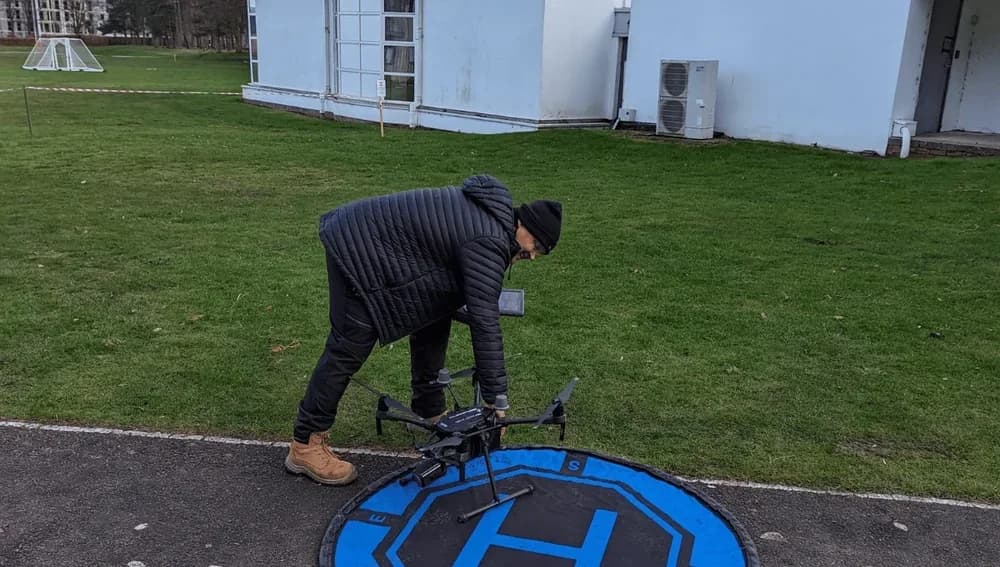
RPC-L2: Intermediate Competence
The second tier in the framework, the RPC-L2 certificate qualifies you for VLOS and Beyond Visual Line of Sight (BVLOS) operations within ARC-a environments—low-risk, segregated airspaces like Atypical Air Environments (AAEs) where no other traffic operates. Before you can pursue this certificate, you'll need to meet a few key prerequisites.
You must hold a valid RPC-L1, be at least 18 years old, and have logged a minimum of 50 flight hours in the Specific Category using the same drone type, whether it’s a rotorcraft or an aeroplane.
Your training for the RPC-L2 delves into more advanced concepts. You'll cover BVLOS theory, operational planning, and comprehensive risk management. The course also demands at least five hours of hands-on flight instruction, culminating in a practical flight assessment to prove your skills.
Once earned, your RPC-L2 certificate remains valid for three years.
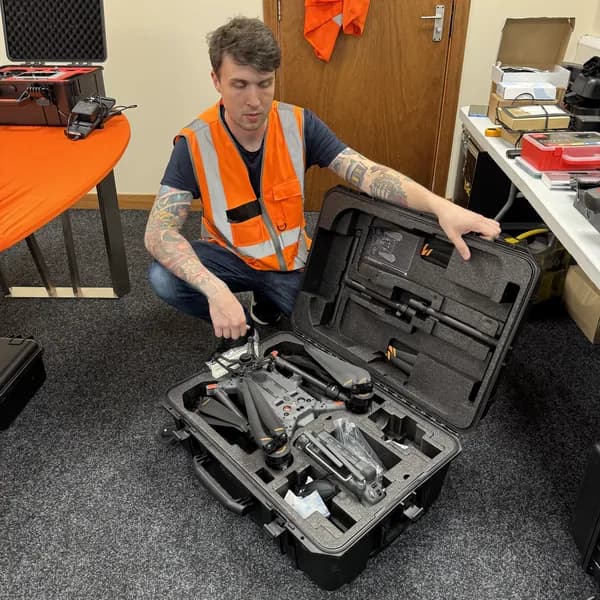
RPC-L3: Advanced Competence
Progressing beyond intermediate operations, the RPC-L3 certificate is designed for en-route BVLOS flights up to ARC-c, allowing you to operate in moderate-risk environments such as controlled airspace and near populated areas. To qualify, you must be at least 18 years old and hold a valid RPC-L2 certificate.
You'll also need to prove you've logged a minimum of 50 BVLOS flight hours within the same drone category and possess a Light Aircraft Pilot Licence (LAPL) medical certificate.
Your training journey includes advanced theoretical modules and in-depth practical training, which you're required to complete within a six-month window. To demonstrate your high level of competence, you'll successfully pass three distinct flight assessments.
Once issued, your RPC-L3 certificate remains valid for three years, confirming your ability to conduct advanced, moderate-risk drone operations.

RPC-L4: Expert Competence
As the highest level of competency, the RPC-L4 certificate permits VLOS and BVLOS operations in any ARC, including high-risk ARC-d airspace alongside crewed aviation. To qualify, you'll need to be at least 18 and hold a valid RPC-L3 certificate. You must also prove significant experience by logging a minimum of 75 BVLOS flight hours within the same drone category. Additionally, you're required to possess a valid LAPL medical certificate.
This expert qualification is forward-thinking, preparing for a future where drones might fully integrate into IFR airspace with manned aviation. However, you should note the framework is still evolving. Widespread operations can't start until several national and international policies are adopted.
You'll find that the certificate is valid for one year, and you must complete an annual renewal to maintain your expert qualification.
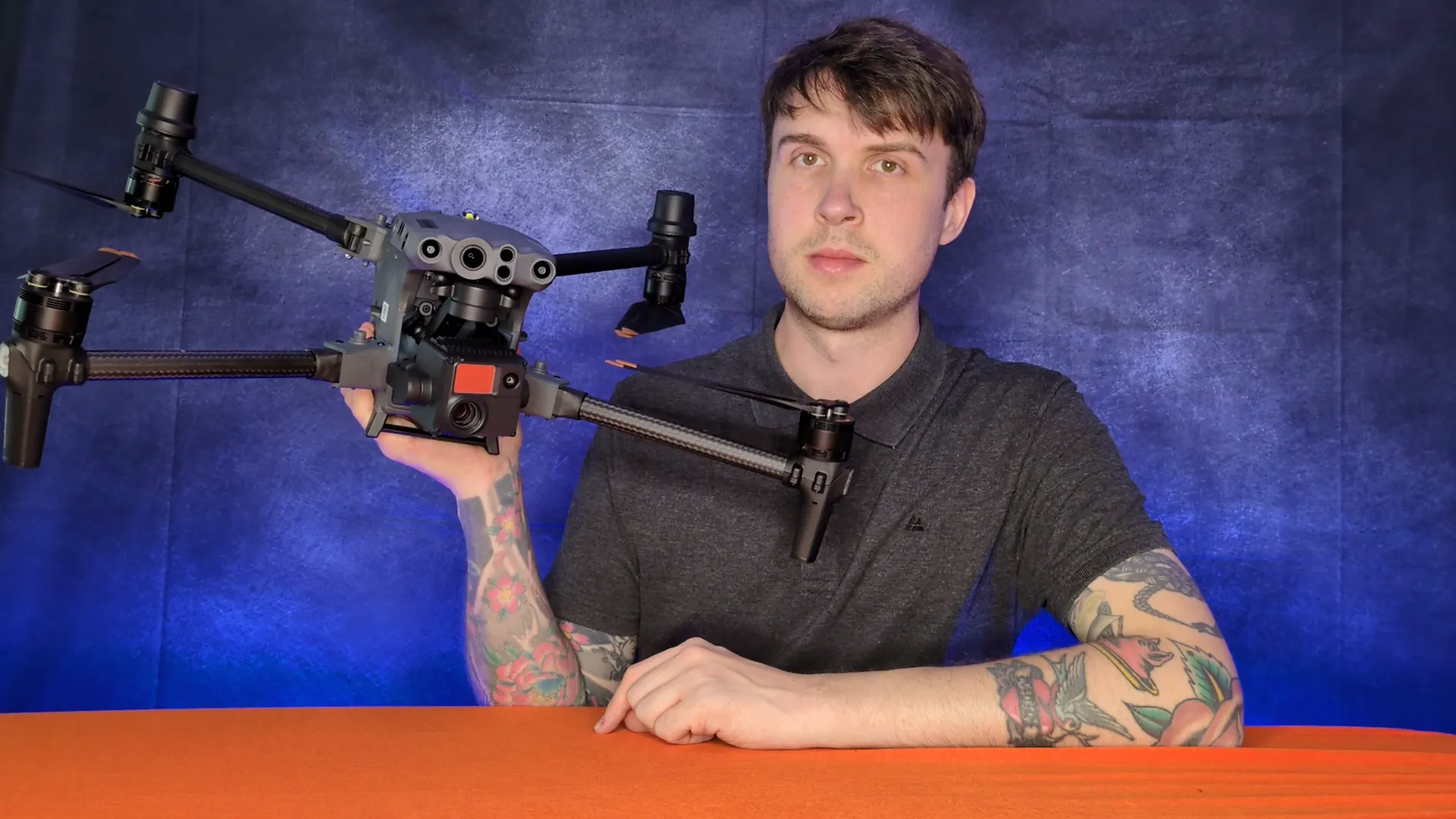
Progressive System Benefits The New RPC Framework
Beyond the specifics of any single certificate level, this new tiered system creates a fairer approach where your training requirements scale with operational risk.
You won't be over-training for simple, low-risk flights, nor will you find yourself under-prepared for highly complex missions. It's a sensible structure.
You'll progress systematically through a clear competency ladder, gaining significant professional recognition as you advance into more sophisticated operations. This deliberate progression does more than just track your skills; it actively raises the entire industry's standards.
For your clients, this is a game-changer. It provides them with absolute confidence that each operation you undertake is backed by a proven, verified level of training and competency. This framework ensures that your capabilities perfectly match the mission’s complexity, creating a safer and more reliable professional drone industry for everyone involved.
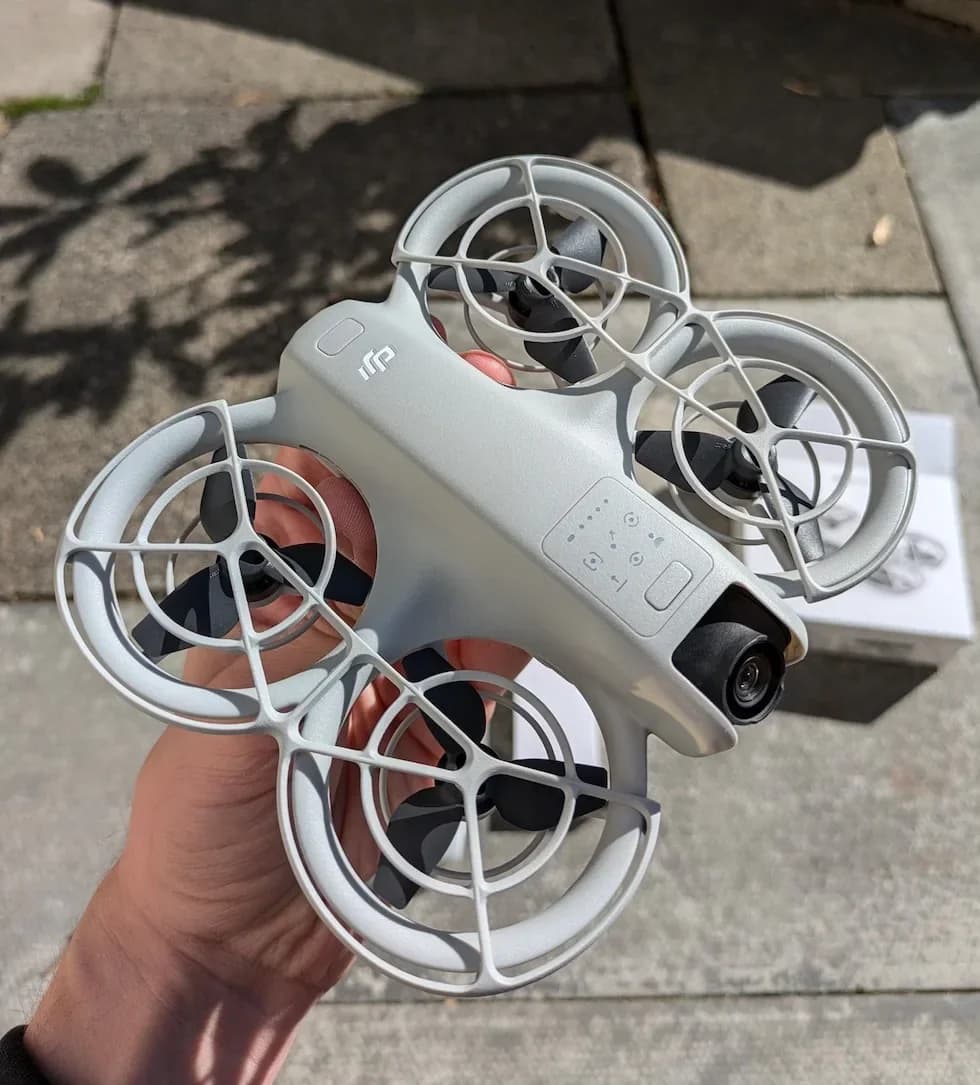
Frequently Asked Questions
Can I Convert My Old A2 Cofc to an RPC?
You can't directly convert your old A2 CofC into an RPC. They're separate qualifications for different operational categories.
Your A2 CofC is for the Open category, while the RPC is for the Specific category. To get an RPC, you'll need to complete a full course and practical flight assessment with a Recognised Assessment Entity (RAE).
However, you should ask your chosen RAE if your existing qualification offers you any credit or a discount.
How Much Does an RPC Qualification Cost?
You'll find RPC qualification costs vary, but a full course typically runs from £800 to £1,200. This price usually covers your theory training, exam, and practical flight assessment.
Since you're converting from an A2 CofC, you'll find much cheaper transition courses designed for that purpose. It’s smart to compare different Recognised Assessment Entities (RAEs) to find the best package and price for your specific needs before you commit to one.
How Long Is an RPC Certificate Valid For?
Your Remote Pilot Certificate (RPC) itself doesn't expire. However, your associated Operational Authorisation (OA) from the CAA is what you'll renew, and it's valid for 12 months.
To keep it current, you must prove your competency to your RAE. You'll do this by logging at least two hours of flight time within the three months before you apply for renewal. You don't need to retake the full course or exam.
Can I Use My UK RPC to Fly Abroad?
You generally can't use your UK RPC to fly abroad. Because drone regulations are determined by each country, your UK certificate isn't automatically recognized elsewhere.
You must research the specific laws of the country you're visiting before you travel. You'll likely need to register your drone and obtain a local permit or certificate from that nation's aviation authority to fly legally. Always verify the rules with the local authorities to ensure you're compliant.
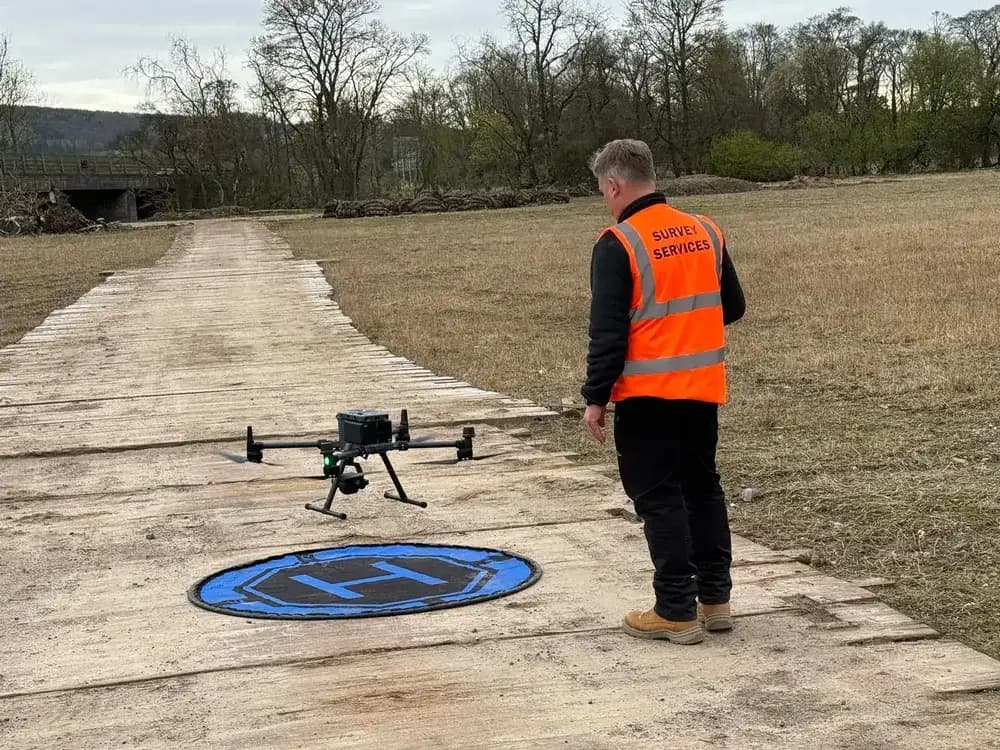
Do I Need an RPC for Recreational Flying?
No, you don't need a professional qualification like the RPC for purely recreational flying. For hobby flights in the UK, you're simply required to follow the Drone and Model Aircraft Code.
This means you must pass a free online test to get your Flyer ID. If you're the one who owns or is responsible for the drone, you'll also need to register for a separate Operator ID, which has an annual fee.
Connect with Certified UK Drone Pilots for Your SORA Mission
Navigating the UK's complex RPC framework to find a drone operator with the correct certification for high-risk missions is a significant challenge for businesses. Securing a professional who is not just skilled, but also holds the specific RPC-L1 to L4 certificate that matches your operation's Air Risk Class, is crucial for compliance and safety.
HireDronePilot solves this problem. As the UK's premier managed marketplace, we specialise in connecting businesses with verified professional drone pilots for hire. Our network includes CAA-approved drone operators holding the full range of RPC certifications, ensuring you can find the right expert for any SORA requirement, from simple VLOS jobs to complex BVLOS operations.
We streamline drone services through competitive bidding, ensuring quality, compliance, and value for every aerial project across the United Kingdom. When you need to find expert RPC-qualified drone pilots, our platform makes the process simple and secure.
Ready to ensure your high-risk drone operation is fully compliant and professionally executed? Post your project on HireDronePilot and connect with the UK’s leading SORA-qualified drone pilots today.
About the Author

Written by
Peter Leslie
Peter Leslie is a CAA-approved commercial drone pilot with 10+ years experience and over 10,000 flight hours. He holds the GVC and A2 CofC drone licences with full CAA Operational Authorisation. Peter is a member of ARPAS-UK, the UK's non-profit trade association for the drone industry. He founded HireDronePilot to connect UK businesses with qualified, insured drone operators.
Looking for More Drone Work?
Join the UK's leading network of professional drone pilots and grow your business.
Open Access
Bid on any job - all jobs open to all pilots
Grow Revenue
Access high-value commercial projects
Stay Busy
Fill your schedule with regular work
Related Articles
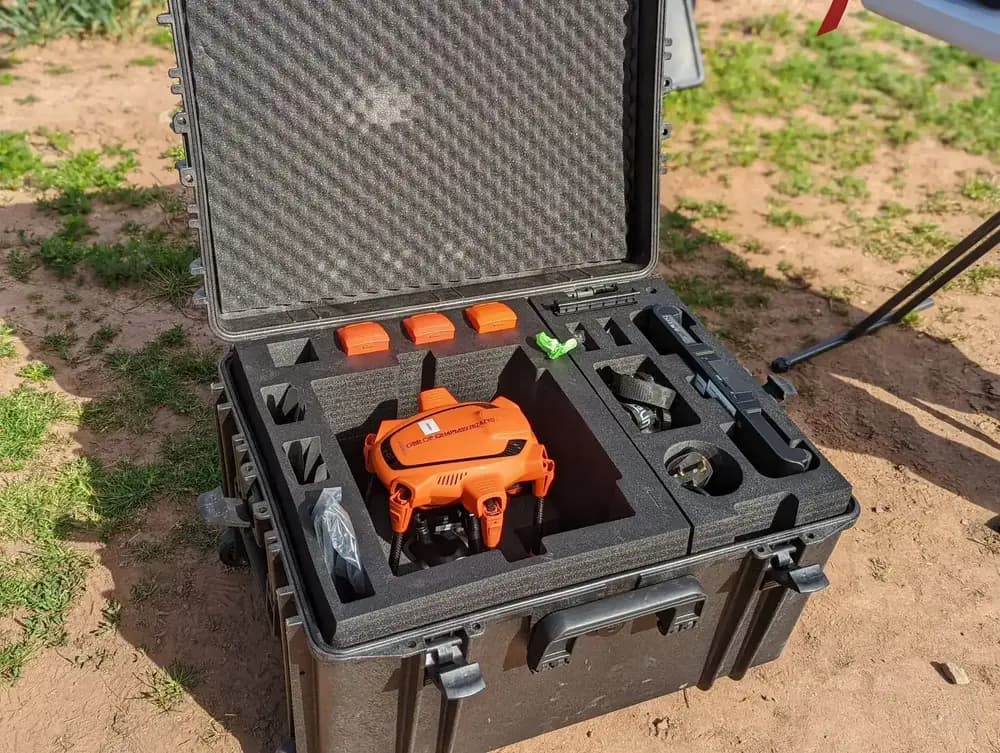
Our Drone Survey Service In Stirling, Scotland
Bringing you Stirling drone survey data from areas no one else can fly.

How Much Does A Drone LiDAR Survey Cost
Forecasting your drone LiDAR survey cost requires understanding what's hidden beyond the initial quote.
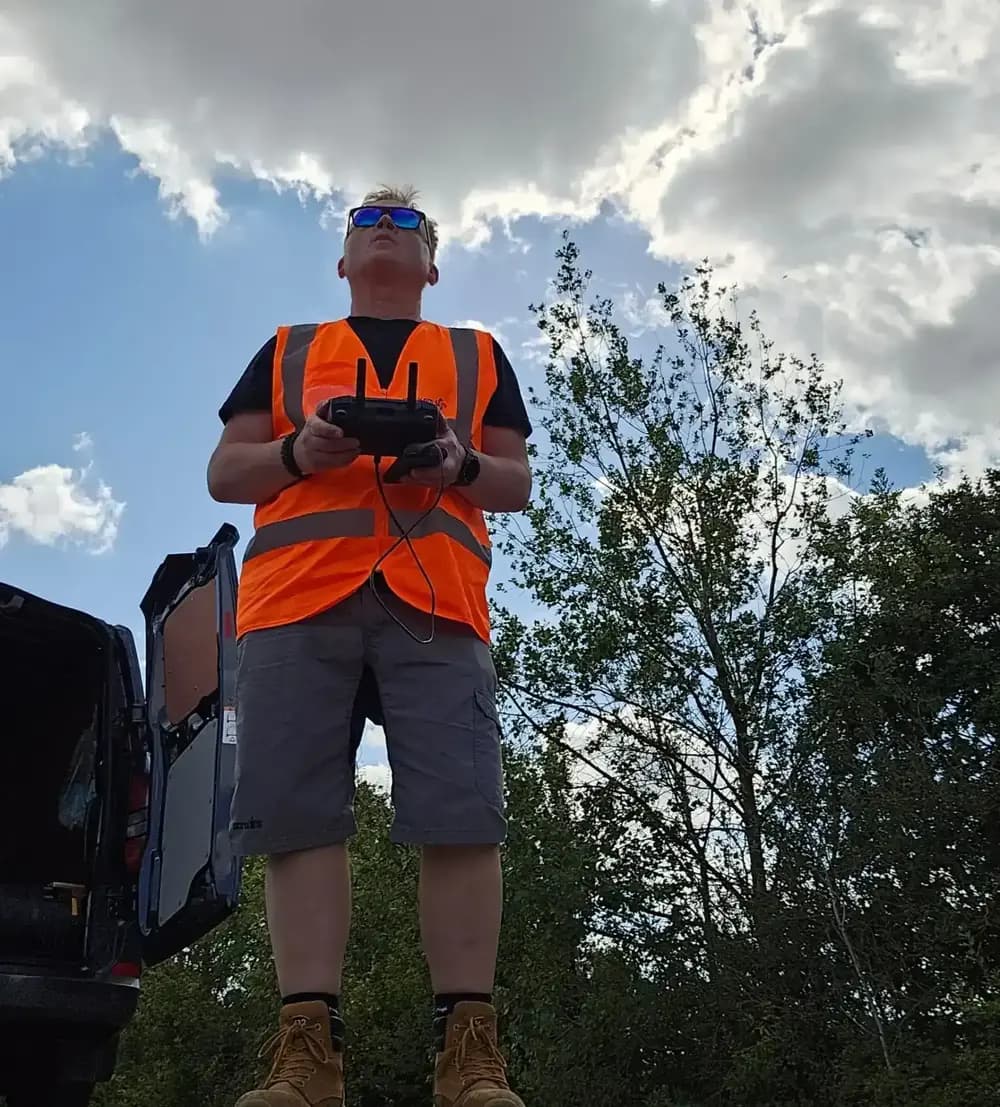
Step By Step Process Of Drone LiDAR Survey
Next, discover the crucial post-flight steps that determine your survey's success.
